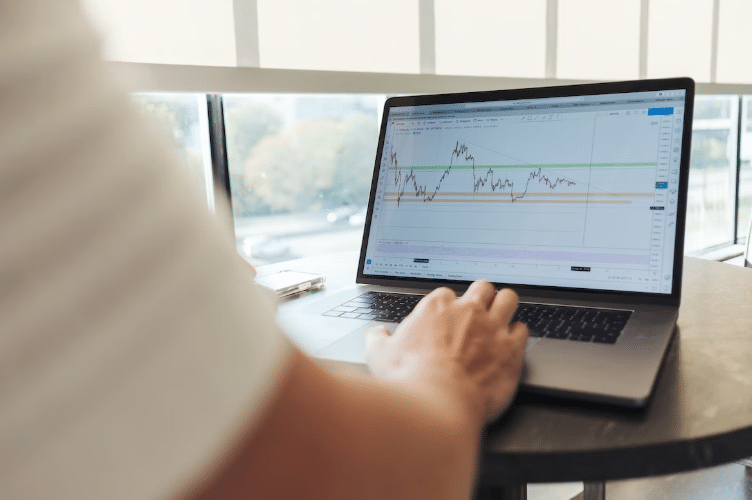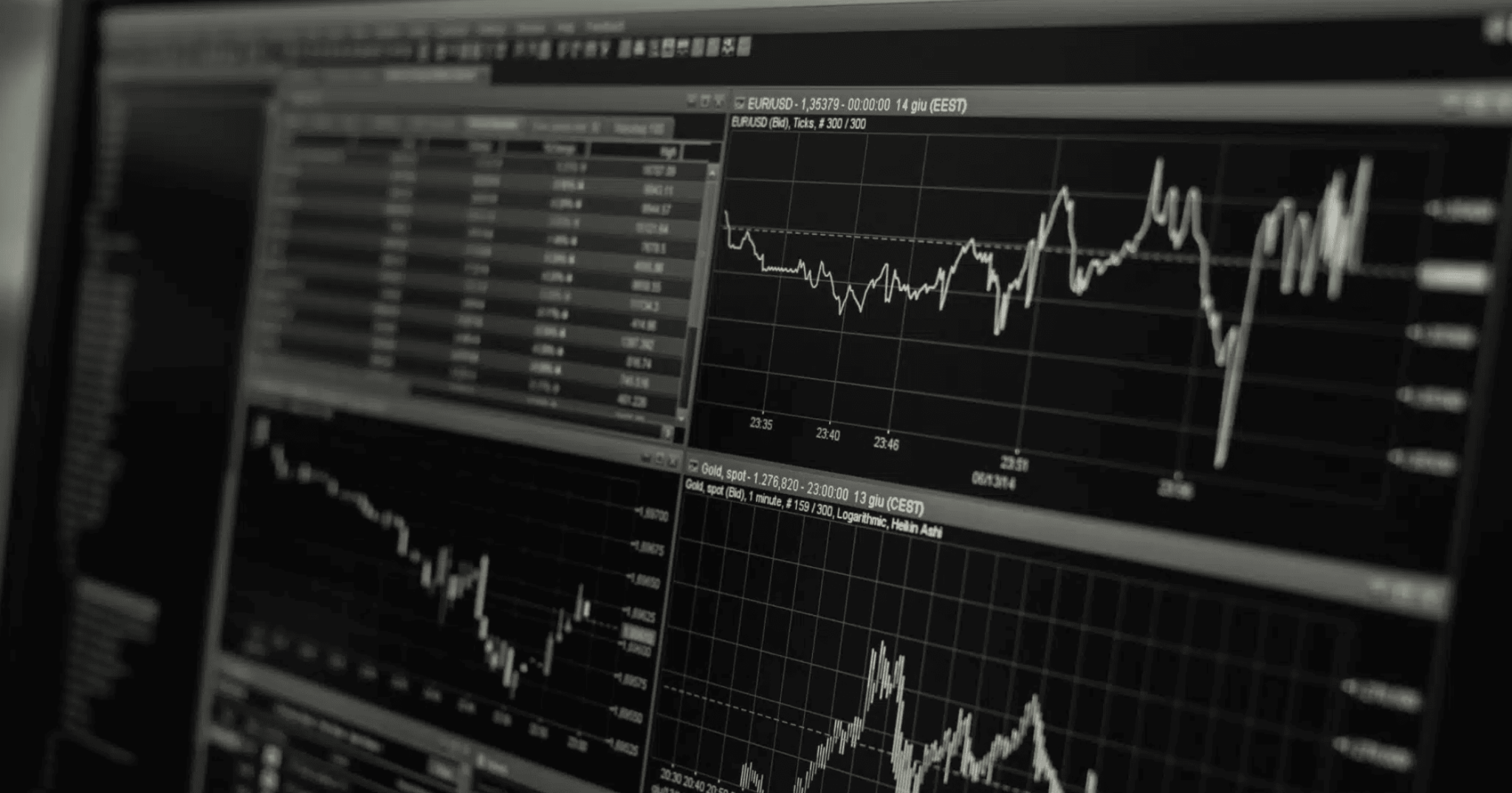Trading psychology often determines whether a trader succeeds or fails, yet many overlook its influence until their account balance forces the lesson. While most traders consciously aim for profit — studying charts, mastering systems, and managing risk — their subconscious mind often steers them toward the very behaviors that undermine success.
Why Traders Sabotage Their Own Success
As market legend Ed Seykota observed, “Everyone gets what they want from the market.” For some, that desire unconsciously manifests as loss — a strange but common outcome rooted in psychological conflict. Traders may outwardly strive for consistency, yet inwardly seek validation, excitement, or ego preservation. These conflicting motives create subtle but destructive patterns.
Self-sabotage in trading rarely appears as a dramatic breakdown. Instead, it shows up as ignored stop-losses, hesitation at key moments, overtrading, or oversized positions. Each act seems minor in isolation but compounds into serious performance erosion. These are not signs of incompetence — they are expressions of intrapersonal conflict, where emotional impulses override strategic intent.
The Psychology Behind Trading Errors
Research by Baumeister and Scher defines self-sabotage as behavior that obstructs long-term goals. In trading, this often manifests as revenge trading — the urge to recover losses quickly by taking reckless risks, a direct consequence of loss aversion (Tversky & Kahneman, 1979). Likewise, overtrading reflects an intolerance for uncertainty — a need to “do something” rather than wait patiently for high-probability setups.
Perfectionism also feeds the cycle. According to Flett and Hewitt (2002), maladaptive perfectionism impairs decision-making under pressure. Traders obsessed with flawless execution may hesitate, miss opportunities, or overanalyze past trades, eroding confidence and adaptability in fast-moving markets.
Rewiring the Trader’s Mind
Markets provide instant feedback, but traders often internalize this feedback as a reflection of self-worth. A loss feels like personal failure; a winning streak breeds overconfidence. This identity entanglement makes trading emotionally volatile.
Breaking this cycle requires psychological awareness as much as technical skill. Successful traders integrate performance journaling, mindfulness, and metacognitive training to recognize impulses without acting on them.

Risk management, therefore, is not just a technical safeguard — it’s a psychological foundation. Without emotional alignment, even the best strategies collapse under pressure. As Andrew Lo noted in Adaptive Markets, adaptability — both strategic and mental — is key to longevity.
Ultimately, the greatest trading edge isn’t found in algorithms or market timing, but in self-mastery. By conquering self-sabotage, traders bridge the gap between knowledge and execution — turning psychology itself into a sustainable source of alpha.
Make money without lifting your fingers: Start using a world-class auto trading solution.
EightCap, your trusted Partner in CFDs, Cryptocurrencies and Stocks.
- Broker
- Min Deposit
- Score
- Visit Broker
- Award-winning Cryptocurrency trading platform
- $100 minimum deposit,
- FCA & Cysec regulated
- 20% welcome bonus of upto $10,000
- Minimum deposit $100
- Verify your account before the bonus is credited
- Fund Moneta Markets account with a minimum of $250
- Opt in using the form to claim your 50% deposit bonus
Learn to Trade
Never Miss A Trade Again

Signal Notification
Real-time signal notifications whenever a signal is opened, closes or Updated

Get Alerts
Immediate alerts to your email and mobile phone.

Entry Price Levels
Entry price level for every signal Just choose one of our Top Brokers in the list above to get all this free.




